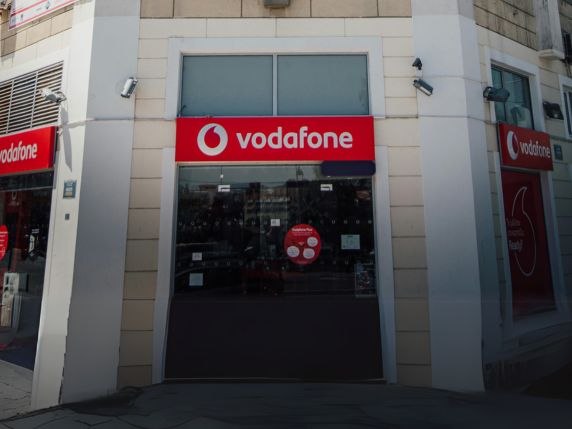Papa John's, the popular pizza chain, has announced the closure of 43 sites across England due to underperformance. Our franchise experts explore what happened and some key lessons for franchisors and franchisees.
What led to the franchise closures?
It is reported that the franchise closures came after a Papa John’s review identified locations that were no longer financially viable. The planned strategic closures as a result of the review mean that Papa John’s will be able to invest in remaining sites and will look to expand into non-traditional locations.
However, as with any business, there are also other potential reasons why the franchises make decisions like this, including a change in consumer behaviour, increased competition, poor location, staffing or recruitment challenges, increase in costs due to economic and political factors, and so on.
As a franchisor, Papa John’s had tough choices to make, and underperformance and pressure meant hard-hitting consequences for several businesses.
According to the online publication Restaurant, Papa John’s Managing Director Chris Phylactou stated: ‘While this is a difficult decision, closing these underperforming locations will give us the opportunity to invest back into the right locations with the right partners for long-term growth. We are focused on driving shared profitable growth across our UK restaurants, by continuing to make improvements to our business to ensure that we are well positioned for the future.’
What lessons can we learn from the franchise closures?
Franchising can be a tough business. Headlines relating to household brands like Papa John’s show the potential difficulties that both franchisors and franchisees can face.
Franchise businesses often run within a strict framework of rules, which are usually supplemented by a detailed (and contractually binding) franchise manual. Franchise agreements set out to establish clear guidelines for all business matters: from daily operations to financial costs through quality control standards. They often contain ambitious performance targets which can be hard to achieve, particularly in today's market.
Franchise relationships create multiple risks for the parties involved. Both the franchisor (who licenses the use of its brand) and the franchisee (who operates the individual franchise business under the franchised brand) should enter into a franchise agreement with caution.
Franchisors need clear exit strategies in case a franchisee underperforms or breaches the franchise agreement, as well as appropriate protections for their brand. Franchisees, on the other hand, should carefully review and fully understand the franchise terms that are offered, as franchise agreements can be lengthy and prescriptive and usually impose significant financial and operational duties.
The role of franchise agreements
Franchise agreements are essential for a franchise network and usually cover a range of terms including:
- Intellectual property (IP) rights to use the franchise brand.
- Fees and royalty payments owed to the franchisor.
- Training and support offered to the franchisee to help set it up.
- Operational standards and targets to which the franchisee must adhere.
- Term and termination rights that entitle each party to end the relationship (and the consequences of that ending).
Often, these agreements are weighted heavily in favour of the franchisor to protect its brand and the goodwill it has built up. They are rarely negotiable on the basis that the franchisor must treat all franchisees in the same way to ensure a ‘level playing field’.
Franchise agreements often include detailed performance targets. Failure to meet these standards can result in consequences or even termination of the franchise arrangement. The franchisee is usually required by the franchisor to obtain legal advice before signing a franchise agreement so that they fully grasp their responsibilities and what could go wrong. This is in part also a protection for the franchisor as it supports its ability to enforce a franchise agreement which, on the face of it, may appear to favour the franchisor unfairly.
The Papa John’s closures are a cautionary reminder of the challenges for franchises. They highlight the financial pressures inherent in franchise projects, the power of the franchisor to control the franchisee’s business and how important it is that the franchisee understands the terms of its franchise agreement so that it can mitigate risks and increase its chances of business success.
Business and legal considerations for franchisors and franchisees
There are a range of legal issues for businesses to consider for a franchise operation, from initial strategic planning and advice around IP protection to setting up a franchise and drafting and negotiating agreements, to day-to-day operational support and exit strategies.
Franchisors need to understand the legal aspects of franchising their business, or if looking to expand, what the benefits are to franchising overseas.
As a franchisee, it is important to understand what is involved when buying a franchise, and very importantly, what to consider when reviewing a franchise agreement.
Our Commercial solicitors have specialist franchise experience and provide nuanced advice to both franchisors and franchisees at any stage of the franchise journey.







